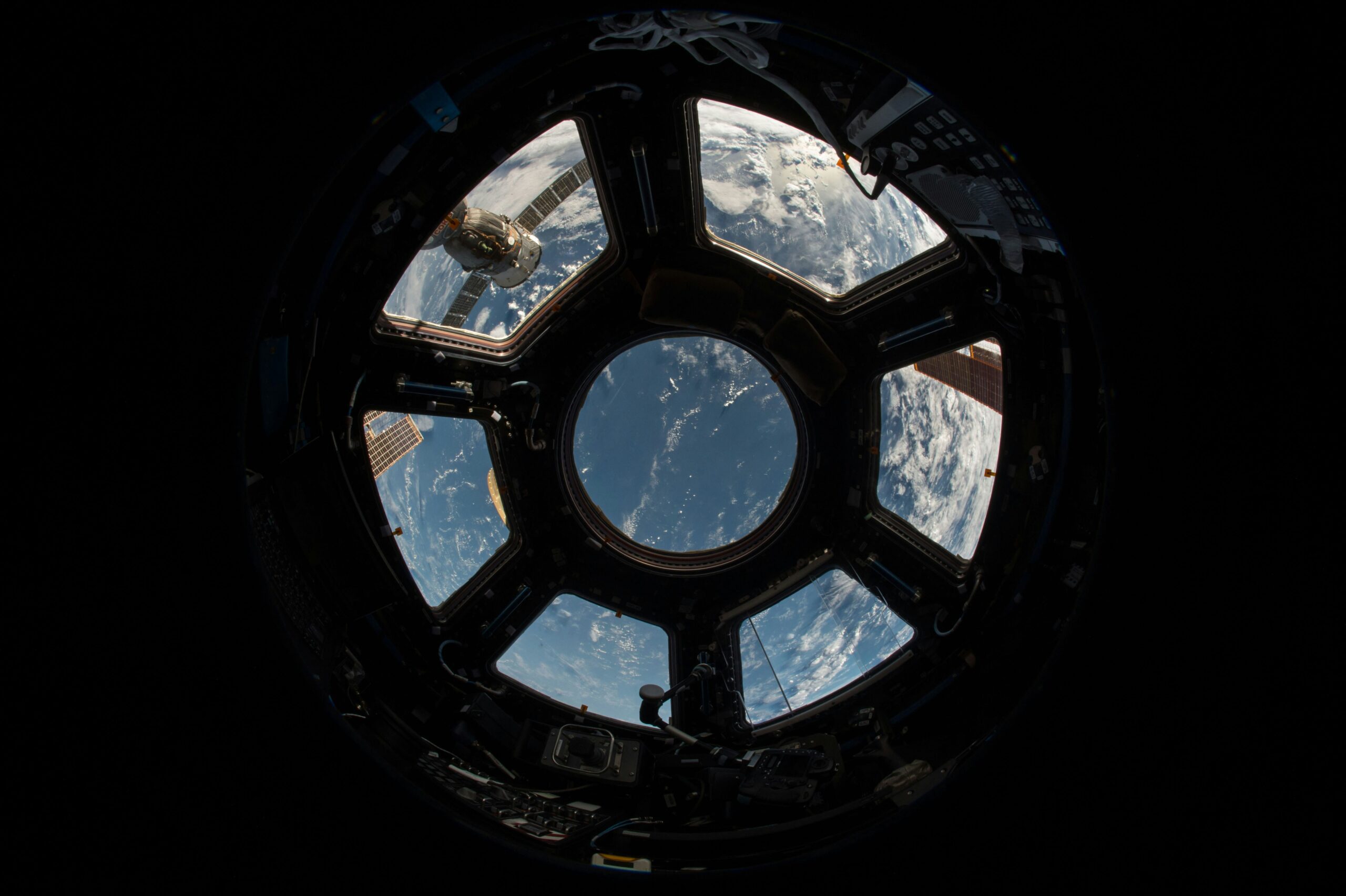- Sectors
- Aerospace & Defense
- Big science
- Biotechnology
- Fintech
- Insights

Today, the space sector plays a crucial role in the development and improvement of technology, communication and scientific research. Exploring the cosmos brings us closer to new horizons of knowledge and development that we thought unattainable years ago. Let’s explore the future of the space sector together.
The expansion of the sector in recent years has been exponential. The first satellite was launched in 1957; by 2024 we have exceeded 11,000 satellites in orbit. This growth is a reflection of several things: firstly, the technological and scientific progress we have made, and secondly, the commercial interest in space.
It is a sector that is positioning itself as mature and strategic, defining itself as one of the business opportunities with the most options in the global ecosystem. It is increasingly diversified, globalized and brings with it new business models, moving us towards a mature space economy.
Despite being a constantly growing sector, it faces major challenges on the road to a more mature and consolidated space economy.
In ARQUIMEA we work to continue developing technology within the space sector. We have participated in more than 180 space missions and we have contributed to NASA and ESA scientific missions, as well as to commercial missions such as Hispasat or Beetlesat. The space sector is in full evolution, consolidating itself as a strategic pillar with great growth potential. Despite the challenges we will have to face, there are also great opportunities ahead.
Find out more about our participation of ARQUIMEA’s technology in space missions: https://www.arquimea.com/sectors/space/
Image: Unsplash | NASA